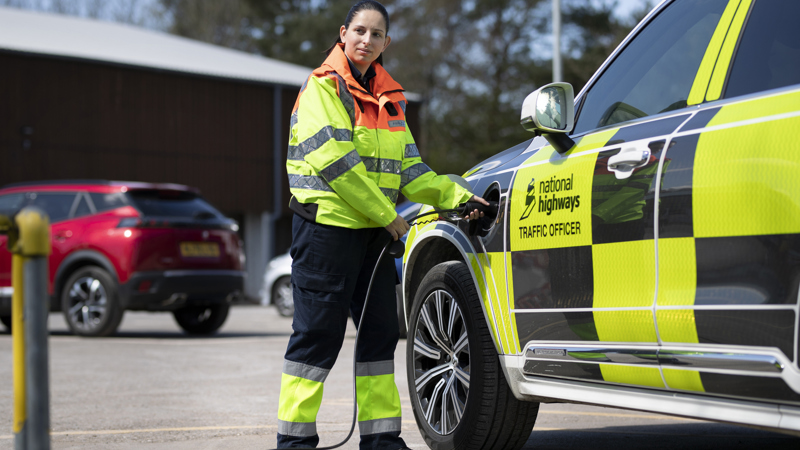Digital, Data and Technology Strategy 2023-25

Share this article
In 2020, at the start of the second road investment period (RIS2 2020-25), we published our first Digital, Data and Technology Strategy. Since then, we’ve seen a lot of change in both the post-pandemic world and our customers’ needs.
As a result, we're refreshing our strategy for the rest of RIS2 and in preparation for RIS3 (2025-30).
To 2025 and into RIS 3
We'll build on our three strategic core themes for the rest of RIS2:
Transforming our services
We'll transform our asset management, customer-focused and corporate functions.
Improving delivery
We'll adopt more efficient and flexible approaches, using cutting-edge techniques.
Enabling our people
We'll give our people the data and technology they need to do their jobs safely and securely.
Our priorities
Over the next two years, we'll focus our efforts on five new strategic priorities:
Trusted travel information
We'll give our customers the information they need to feel safe and in control of their journeys. This doesn't just mean private road users. It also includes businesses and hauliers who depend on our network to deliver for the UK.
Security
Our digital, data and technology services will help us run our road network to the legal and operational standards we work within.
The right tools
We'll give our people and our supply chain colleagues the tools they need to be effective in their roles.
Investing in technology
We'll invest in our people, processes and technical capabilities. We'll use digital, data and technology to improve everything we do.
Environment and sustainability
Digital, data and technology will also help us deliver our net zero, sustainability and social value targets. For example, helping us map biodiversity and calculate carbon data.
